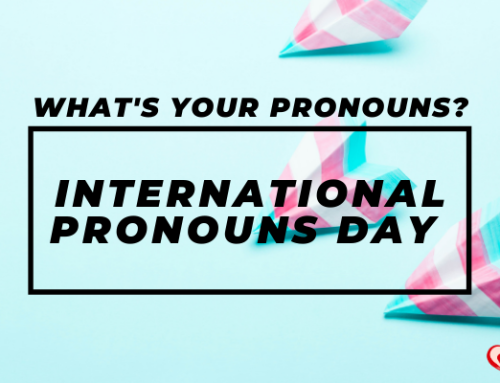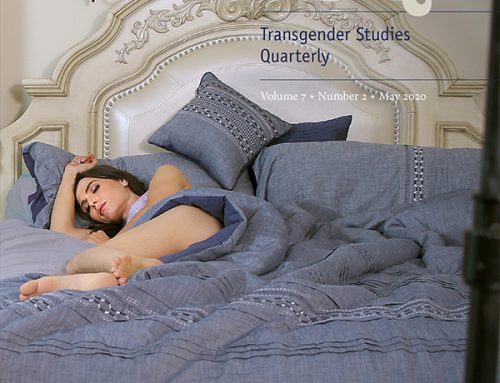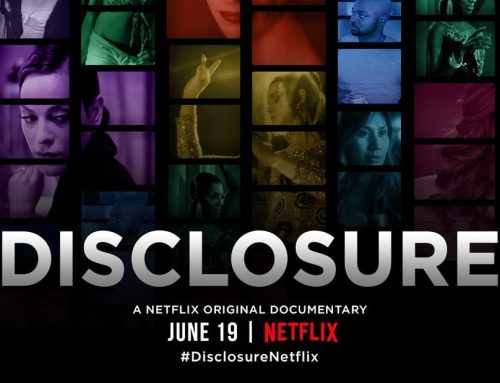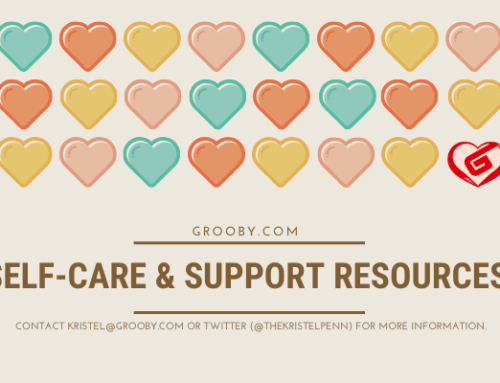Does online porn really lead to erectile dysfunction?

I recently read an interesting article about a possible correlation between watching online porn and erectile dysfunction, which almost seems counterintuitive. Or does it?
In Time Magazine’s cover story from the April 11th issue, “Porn and the Threat to Virility,” author Belinda Luscombe writes, “A growing number of young men are convinced that their sexual responses have been sabotaged because their brains were virtually marinated in porn when they were adolescents. Their generation has consumed explicit content in quantities and varieties never before possible, on devices designed to deliver content swiftly and privately, all at an age when their brains were more plastic—more prone to permanent change—than in later life. These young men feel like unwitting guinea pigs in a largely unmonitored decade-long experiment in sexual conditioning. The results of the experiment, they claim, are literally a downer.”
This is an intriguing idea, especially since the force behind this movement comes from the very group which comprises the main audience for porn: young men. These men are claiming that porn has desensitized them to sex, much in the same way that claims were made years ago that violent video games were desensitizing kids to violence. In an effort to undo the damage and prevent others from suffering a similar fate, they are creating educational materials, online groups, smartphone apps, and blogs to help men break their porn addiction. Gabe Deem, the founder of one of these online groups states, “The reason I quit watching porn is to have more sex.”
The problem with the Porn-induced Erectile Dysfunction (PIED) theory is that there is little scientific research to back it up. Recent studies suggest that online porn could potentially be habit forming, with possible psychological effects. And there is new research which found that habitual porn viewing may affect the brain, especially in adolescent viewers since the brain is not fully developed. The one piece of irrefutable evidence they do have to support their claim is their own experiences. As Gabe Deem so eloquently puts it, “If you can get a boner with porn and can’t get a boner without porn, that’s about as hard as evidence gets in my opinion.”
And it should be noted that they are not trying to ban porn or prevent anyone from watching it. What they would like to see done is have the possible side effects of pornography be included in sex education in schools. This seems to be a logical way to address the issue, except the sex education has been a controversial subject for decades, and adding porn into the mix would almost guarantee cries of outrage from parents accusing the schools of promoting porn. I think the bigger issue here is that society, and in particular parents, need to view sex and sex education in a more positive way instead of sticking to the outdated views that sex is dirty and should be not be discussed.
I believe this theory has some merit, having experienced something similar during my younger years. I would masturbate to pictures, but then eventually those didn’t do the trick so I moved on to videos, and eventually I got tired of those and needed something more stimulating to get me hard. But I never had a problem getting hard when I was with someone. So, it’s my humble opinion that if someone can get hard watching porn but can’t get hard when in the company of a real person there are inherently deeper issues at play. Sex is so much more than just a physiological process; it’s about the emotions and thoughts that go into in. Too many people seem to forget that the most powerful sex organ is the brain.
So let me know what you think; do you agree with this theory or think its total rubbish? I’d love to hear your thoughts about this, so feel free to leave me a comment!










 Any misuse, unauthorised use or copyright infringement of these images whatsoever will be met by criminal and civil litigations WITHOUT FAIL. Comments and problems to Webmaster.
Any misuse, unauthorised use or copyright infringement of these images whatsoever will be met by criminal and civil litigations WITHOUT FAIL. Comments and problems to Webmaster.